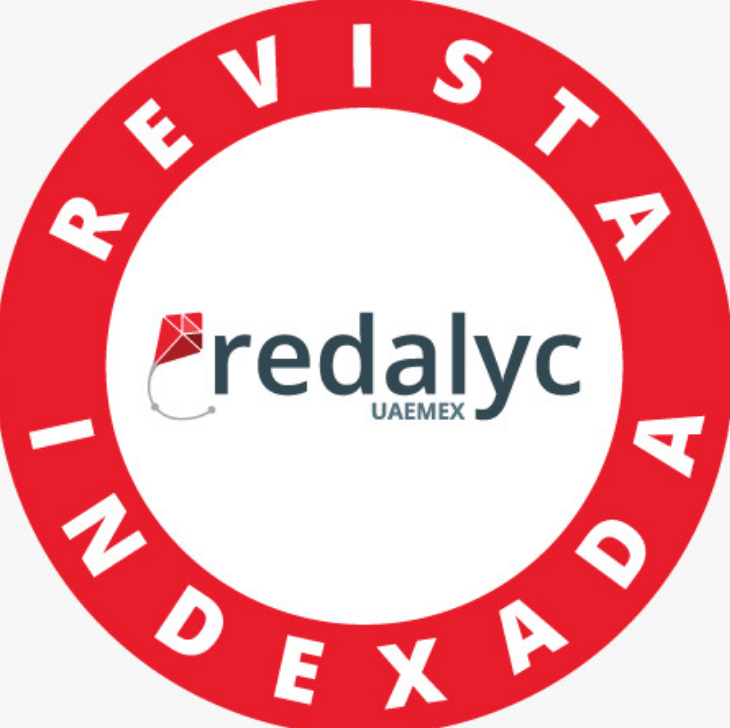Exploring Digital Twins of Nonlinear Systems through Meta-Modeling with Echo State Networks
Keywords:
Echo State Networks, Dynamic systems, Digital twinsAbstract
Effective process monitoring, and control rely on precise dynamic models that can capture the inherent nonlinearities of chemical systems. However, rigorous modeling of complex industrial processes can be computationally demanding. Meta modeling using machine learning methodologies offers a viable approach to generate computationally efficient surrogate representations. Specifically, Echo State Networks (ESNs) are a promising neural network approach for meta-modeling nonlinear dynamical systems. ESNs simplify training through fixed input weights while they focus learning on output weights. This study explores the development of ESN-based digital twins for a nonlinear dynamic process. An ESN is employed to construct a meta-model of a simulated continuously stirred tank reactor with biochemical kinetic. The network was trained on input-output data obtained from the simulation of an ordinary differential equation system, and the performance was evaluated both in-sample and out-of-sample. The results indicate that the ESN meta-model can successfully approximate the underlying dynamics, accurately capturing temporal evolution. A closed-loop digital twin deployment using the ESN surrogate also showed reliable behavior. This work presents initial steps toward developing digital twins of chemical processes using ESN-driven meta-modeling. The findings suggest ESNs can effectively generate computationally efficient surrogate representations of nonlinear dynamical systems. Such digital twins hold promise for online process monitoring and optimized control of industrial plants.
Downloads
Published
Issue
Section
License
Copyright Notice
Authors who publish this journal agree to the following terms:
- Authors retain copyright and grant the journal right of first publication with the work simultaneously licensed under a Creative Commons Attribution-Non-Commercial-Share-Alike 4.0 International 4.0 that allows others to share the work with an acknowledgement of the work's authorship and initial publication in this journal.
- Authors are able to enter into separate, additional contractual arrangements for the non-exclusive distribution of the journal's published version of the work (e.g., post it to an institutional repository or publish it in a book), with an acknowledgement of its initial publication in this journal.
- Authors are permitted and encouraged to post their work online (e.g., in institutional repositories or on their website) prior to and during the submission process, as it can lead to productive exchanges, as well as earlier and greater citation of published work.
Disclaimer
LAJC in no event shall be liable for any direct, indirect, incidental, punitive, or consequential copyright infringement claims related to articles that have been submitted for evaluation, or published in any issue of this journal. Find out more in our Disclaimer Notice.











